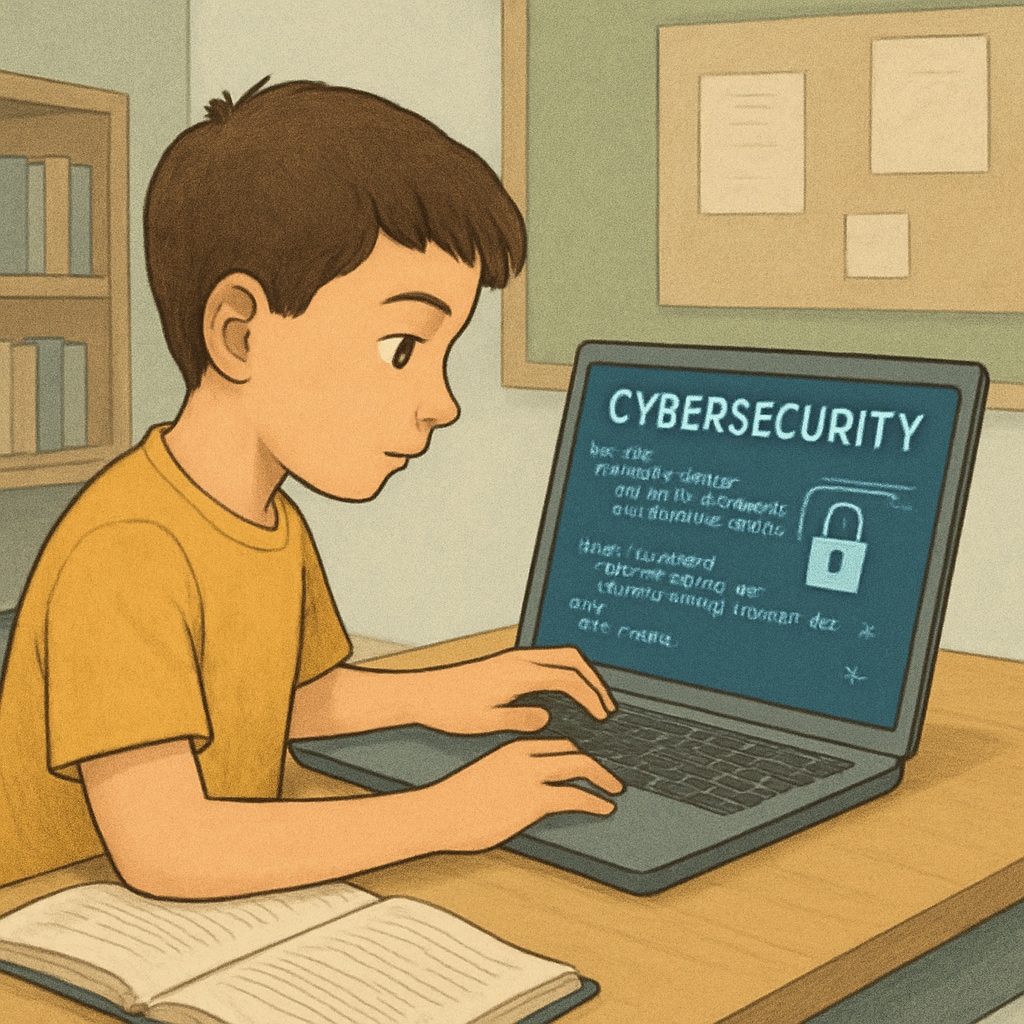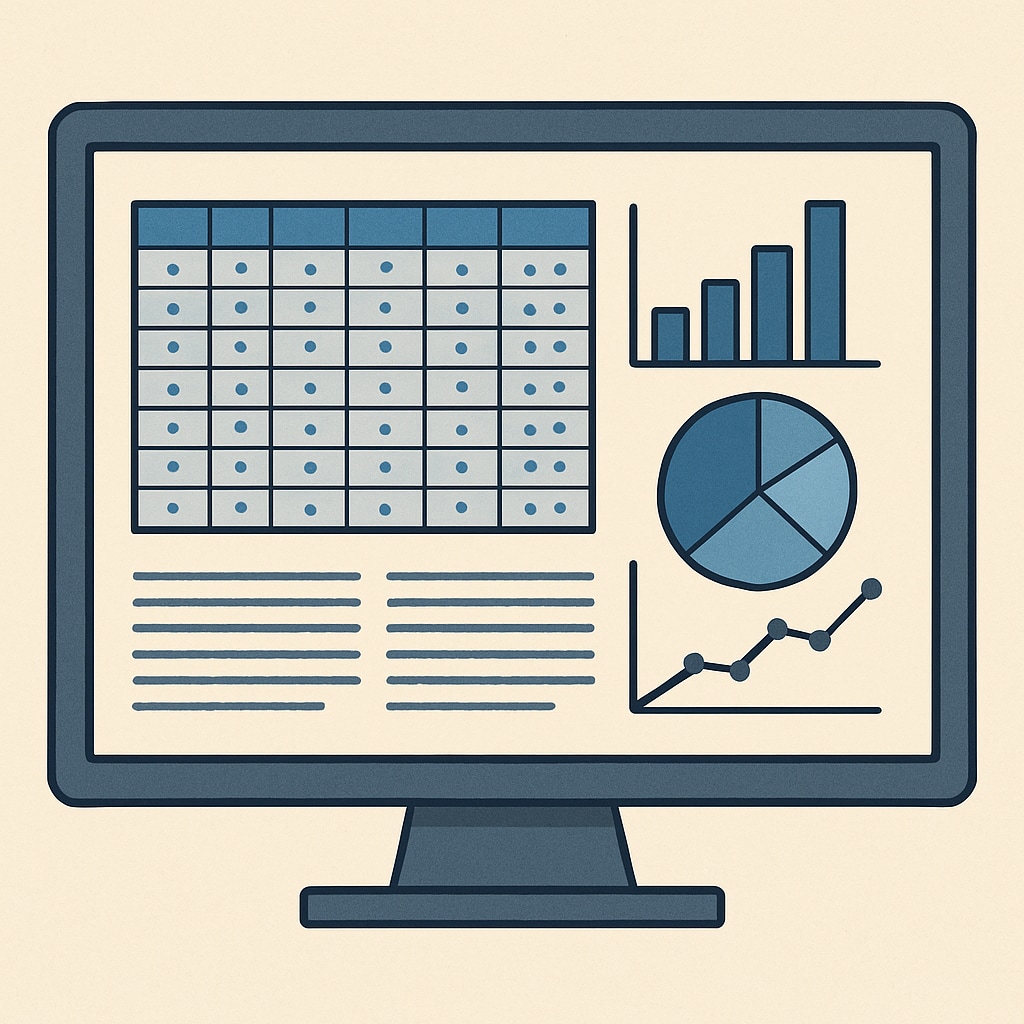Choosing between cybersecurity and data science engineering is an increasingly important decision for K12 students aiming to align their education with future career prospects. These two fields are gaining momentum as technology evolves, offering lucrative opportunities and diverse paths. But how can students and parents make a well-informed decision? This article dives into the unique attributes of each field, their career trajectories, and which type of student is best suited for them.
Understanding Cybersecurity and Data Science Engineering
Cybersecurity focuses on protecting systems, networks, and data from malicious attacks and breaches. Professionals in this field work to identify vulnerabilities, develop defensive strategies, and maintain secure infrastructures. In contrast, data science engineering revolves around analyzing large datasets to extract valuable insights, solve complex problems, and drive decision-making using machine learning and advanced analytics.
While both fields fall under the broader STEM umbrella, their skill requirements are quite different. Cybersecurity often emphasizes skills like ethical hacking, cryptography, and risk management. Data science engineering leans heavily on statistical analysis, programming languages like Python, and AI technologies.

Career Prospects: High Demand in Both Fields
Both cybersecurity and data science engineering are rapidly growing fields with promising career prospects. According to the U.S. Bureau of Labor Statistics, cybersecurity jobs are projected to grow by 35% between 2021 and 2031, much faster than average. Roles such as cybersecurity analyst, penetration tester, and information security manager are in high demand.
Data science engineering also boasts impressive growth, with demand for data scientists expected to rise by 36% in the same period. Positions such as data engineer, machine learning scientist, and business intelligence analyst offer competitive salaries and opportunities to work across industries, including healthcare, finance, and retail.
Both fields promise job security and lucrative salaries, but the choice depends largely on individual interests and skills.

Which Field is Right for You?
Students should consider their interests, strengths, and long-term goals when choosing between cybersecurity and data science engineering. Here are some factors to evaluate:
- Interest: Do you enjoy solving puzzles and securing systems? Cybersecurity might be your path. Are you fascinated by data analysis and predictive modeling? Then data science could be for you.
- Skills: Cybersecurity requires strong problem-solving and a focus on security protocols, while data science emphasizes mathematical skills and an affinity for coding.
- Career Goals: If you aspire to protect organizations against cyber threats, cybersecurity offers direct engagement. If you prefer using data to shape strategies and drive innovation, data science engineering may be the better choice.
Preparing in K12: Building a Strong Foundation
K12 students can start preparing for these fields by focusing on relevant subjects and extracurricular activities. For cybersecurity, courses in computer science, IT, and networking are essential. Participating in cybersecurity competitions and clubs can further enhance skills. For data science engineering, students should prioritize math, statistics, and programming courses. Engaging in data analysis projects and learning tools like Python or R can provide a head start.
In addition, developing soft skills like communication and teamwork is crucial, as both fields require collaboration and the ability to explain complex concepts clearly.
Conclusion: Cybersecurity and data science engineering are both excellent career choices, each with unique benefits and challenges. By understanding their differences and aligning them with personal interests and skills, K12 students can make informed decisions that set them on the path to success in these high-demand fields.


